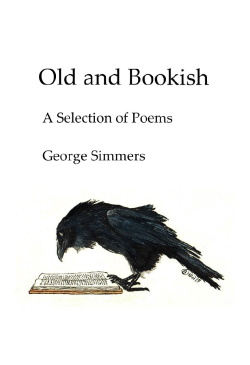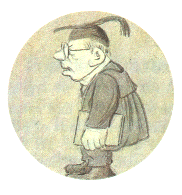| December will be a
month to remember. It will be thirty years since
December 1995, when I had some webspace to play
with, and began a poetry magazine. Somehow or
other, Snakeskin has survived various crises, and
is still going strong. We're not aiming to do anything spectacular to mark the anniversary, but will be celebrating with quiet and complacent dignity. We need some good poems to fill this special anniversary number. Send them to the usual address. George A reminder: For those who don't get how Snakeskin works - each number of the zine is made up of the contributions sent in during the previous month. We rarely keep poems over to the next issue (and if we do, we let you know about it. We know that there are magazines out there - especially print ones - which take pride in building up a backlog, and keeping poets dangling for months wondering whether they'll be accepted or not. We don't do that. We tell you which month you'll be considered for - and then you're either in it or you're not. We try to notify poets whose work has not been selected, but in some months this requires major effort, and life can get in the way. There's a huge number of rejection notes to be sent this month, but we'll try to get them out within a few days. And we'll try to be positive, where we can. Send those contributions (in the body of an email, please, not as attachments ) to editor@snakeskin.org.uk. George For details of the editor's collection, Old and Bookish, please click on the cover picture below.  Two blog posts may be of interest to potential contributors to Snakeskin . The first, on "How Snakeskin Works", explains the simple procedure by which contributions are selected for a month's issue. The second, called "Don't" offers some tips to novice poets, detailing a few of the things that might make an editor take against your work. |
 |